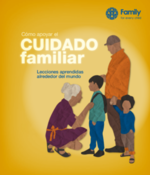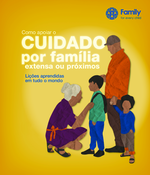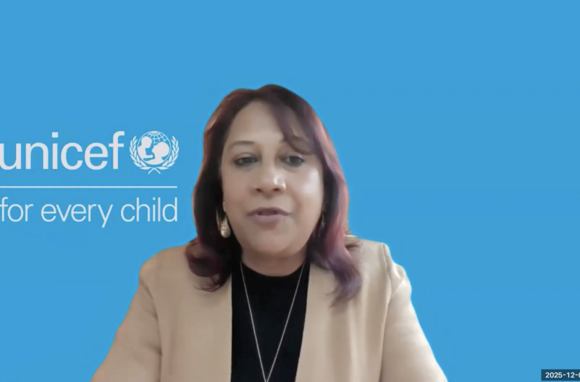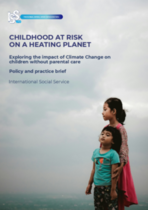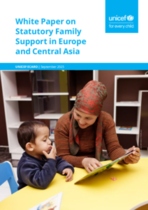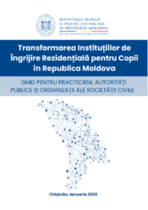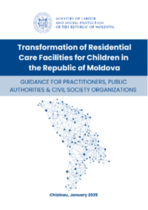Carta Global para la reforma del cuidado de la niñez y adolescencia: guía para la formulación de compromisos
Como parte de la Campaña global para la reforma del cuidado de la niñez y adolescencia, se exhorta a los países a fortalecer a las familias, ampliar los cuidados alternativos seguros y protectores basados en la familia y poner fin progresivamente al uso de instituciones para el cuidado de la niñe

